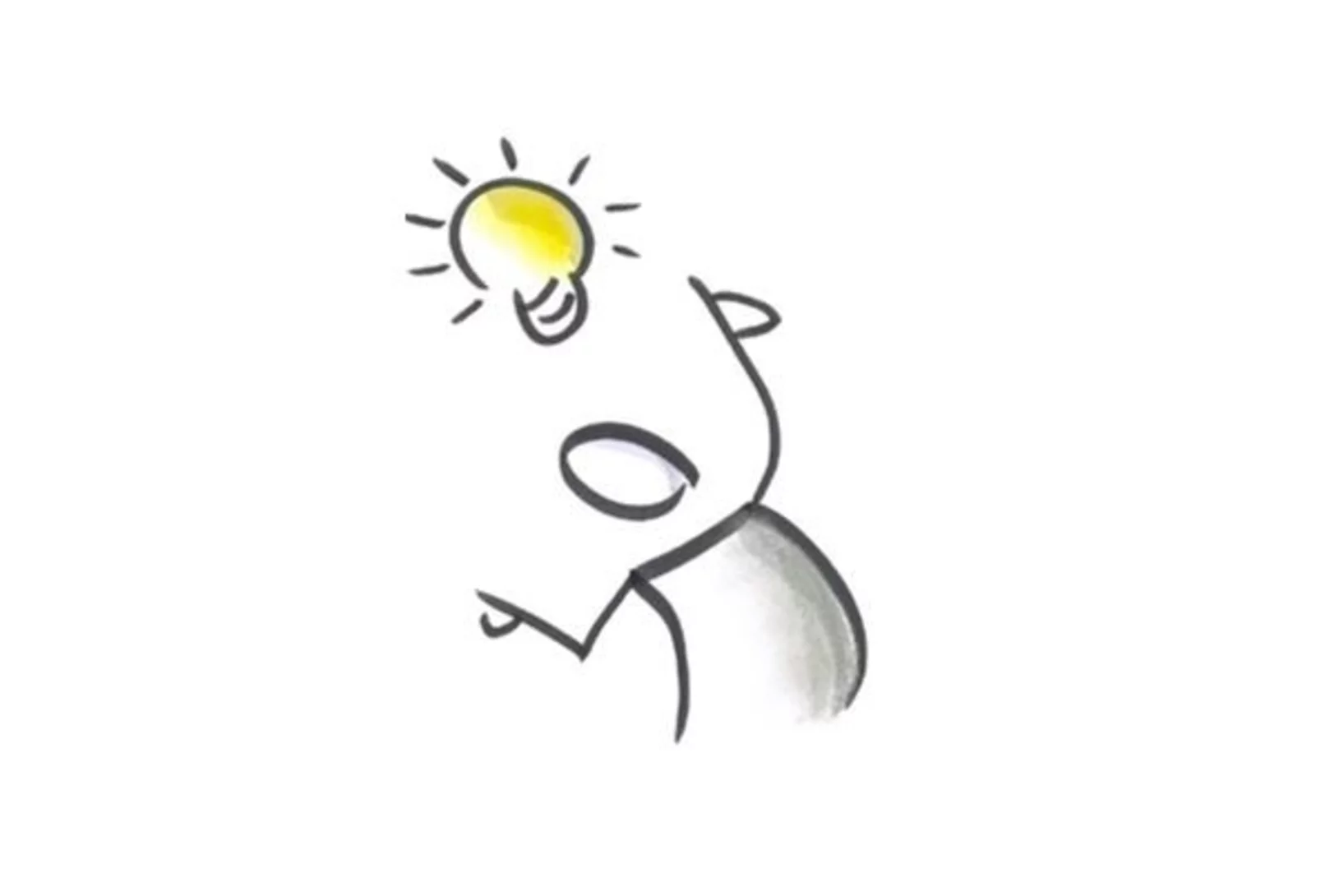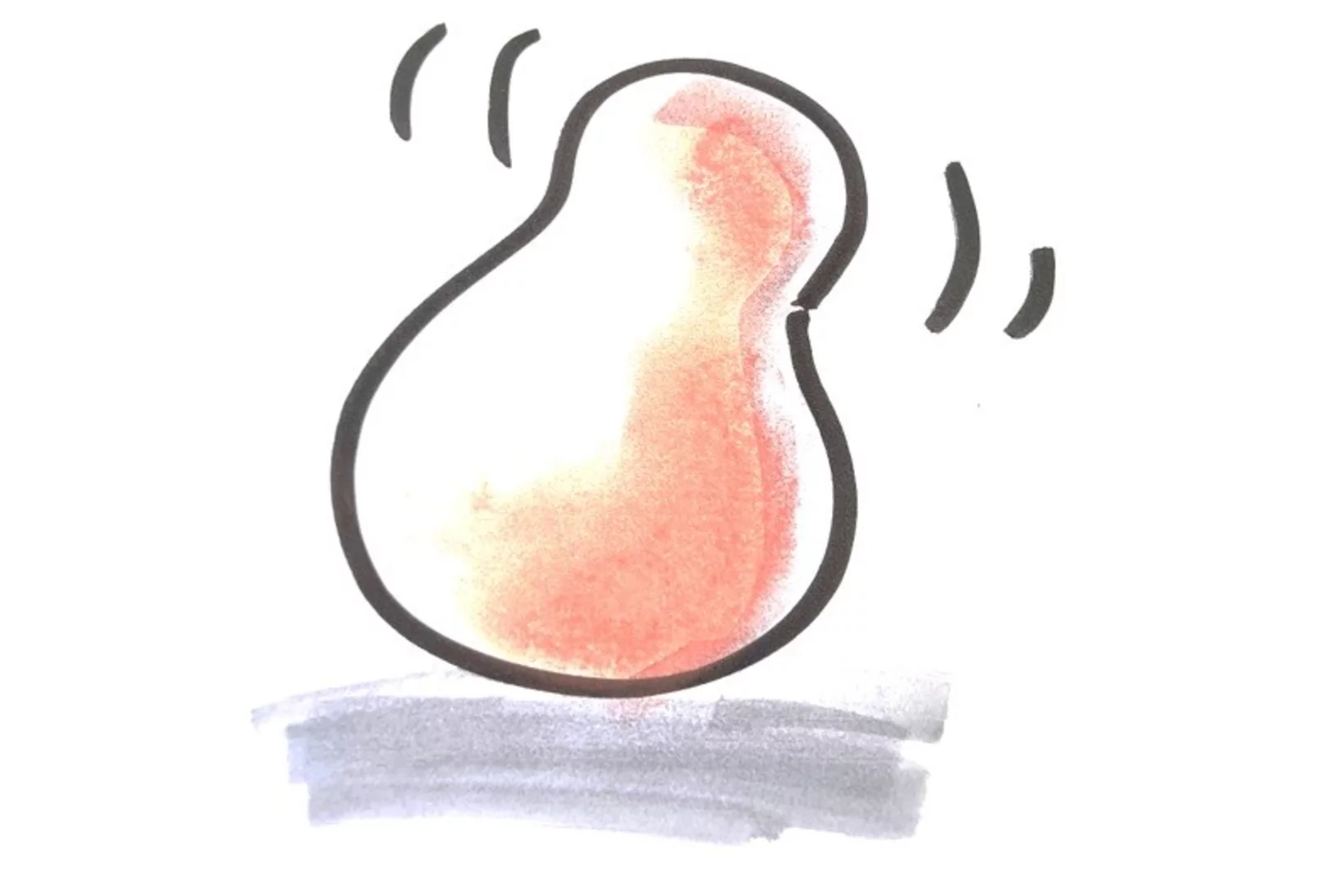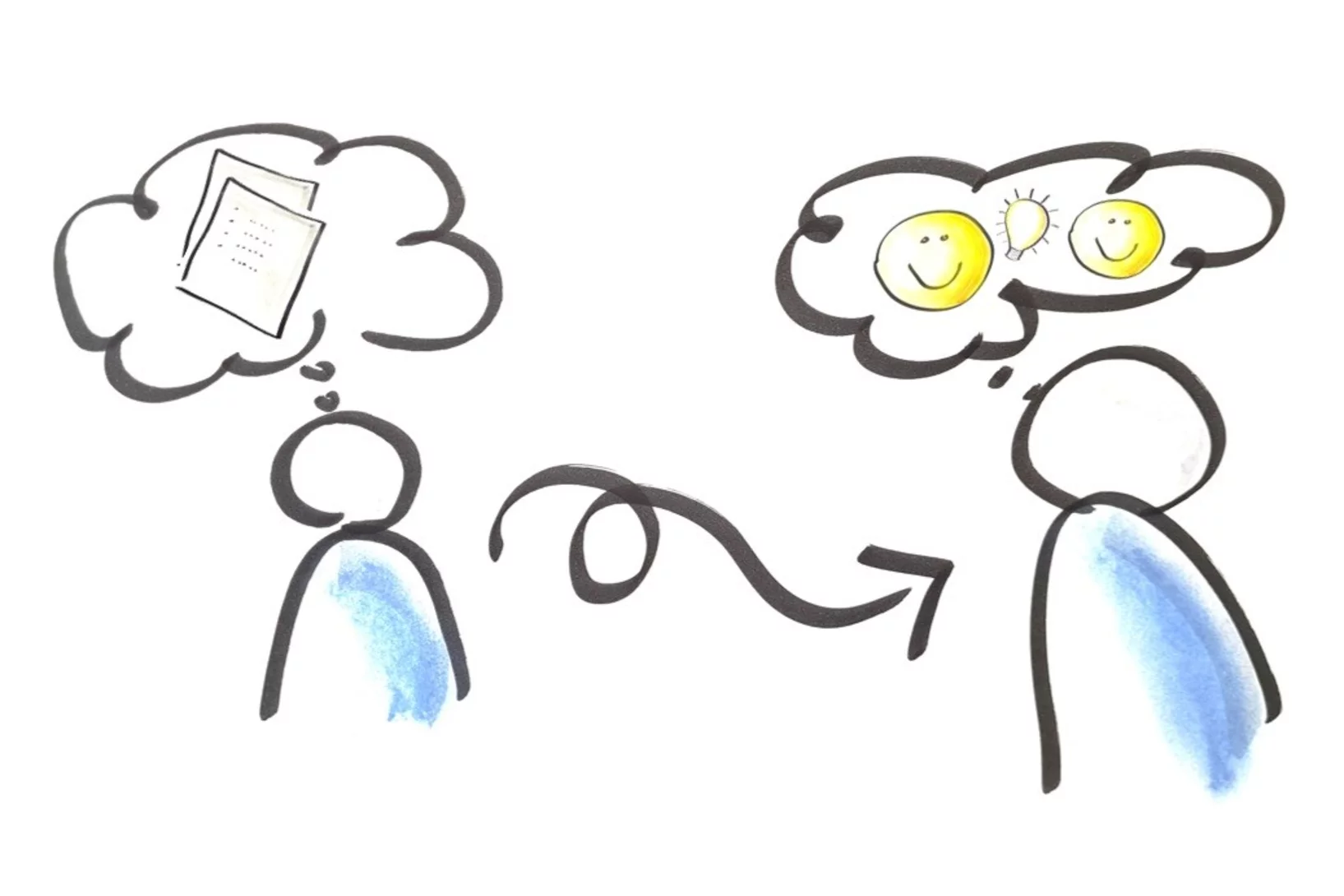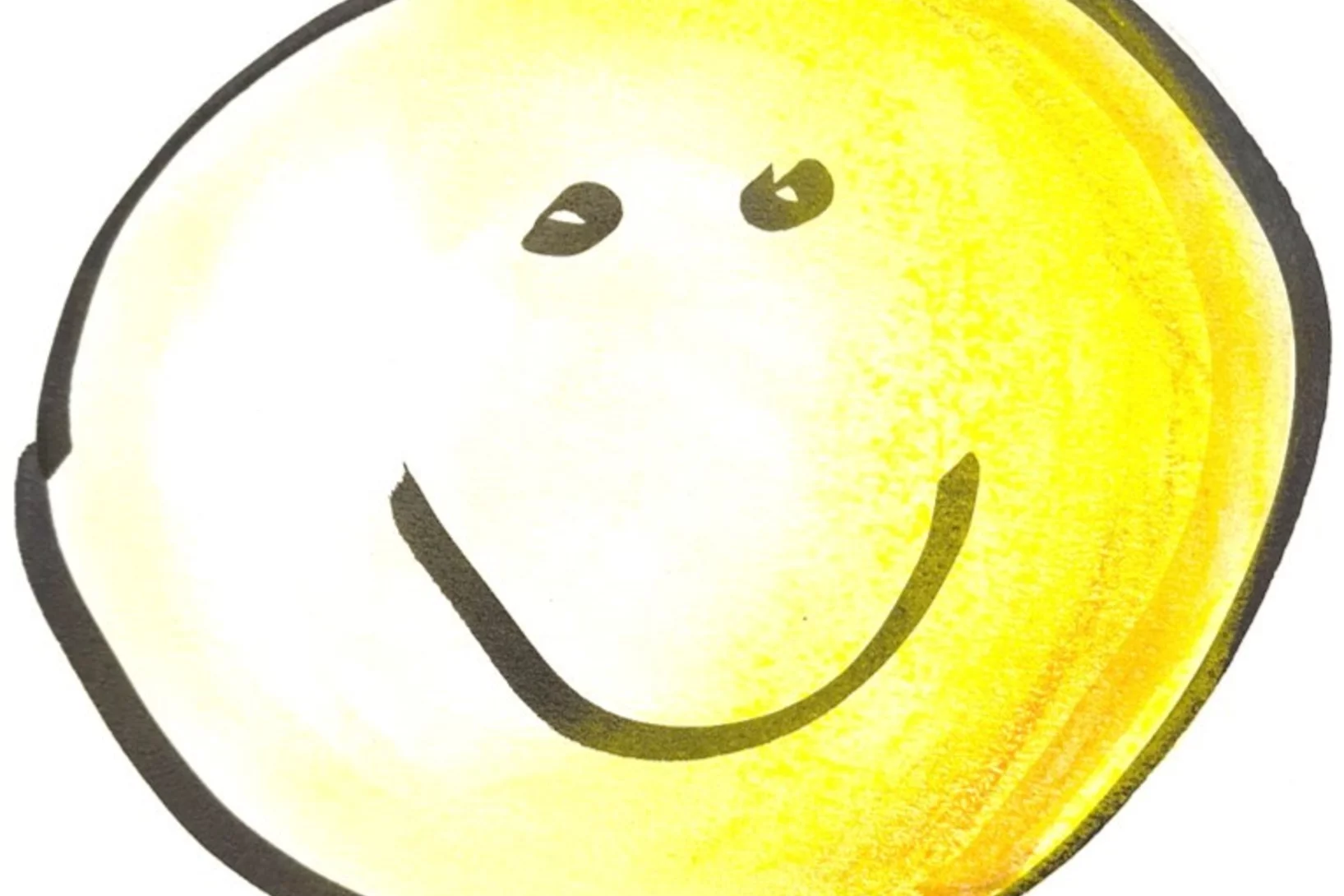Working strategies
‘What can I do?’ vs ‘What do I want to do?’
‘Which jobs can I apply for with my background in X, or which companies are looking for this background?’ is a question that comes up in career counseling every now and then. Clearly, having to find a job that fits is a big choice. What makes it even harder, is that many competencies that are important requirements for a future job are just taken for granted in academia.
How artificial intelligence would have written my motivation letter
How can we use artificial intelligence in the application process? I gave it a try and had artificial intelligence write a motivation letter for my current position with the information that I am a physicist and a coach. Here is what came back (interestingly, the content and structure are different when asking in English vs German, so it is worth to read both translations):
From the outside, you see a successful scientist – but what is behind?
Do you sometimes get frustrated when you scroll through social media and see the new positions your contacts are about to start and the grants or prizes they are awarded? Do others’ success stories make you feel small and incapable? Is it true that everyone else is super-successful while you are struggling, or what is behind the others’ success?
From ‘should’ and ‘have to’ to ‘being excited about’ and ‘looking forward to’
Happy New Year! I hope you are having a good start to 2023, and that this will be an exciting, successful and happy year for you. At this time of the year, many of us like to think about everything we have to do, or everything we should do better than last year. But is there a better approach?
How to be happier at work
Do you know this feeling of sitting in the lab, totally bored because you are just doing the same measurement for the umpteenth time, thinking that nobody needs to study for 5+ years to do what you are doing right now? What about the feeling of having put a huge amount of effort into your paper writing, working late to get everything ready in time – only to get it back all red from your supervisor’s corrections? Or having a reviewer (who clearly doesn’t understand your study) state it is not new or original enough, or not getting any response for ages? Add to this an instrument that breaks down just before your last measurement, a PC that crashes just before the model finished calculating, and you have a great recipe to frustrate a scientist. This blog post helps you get rid of the frustration and be happier at and with your work.




